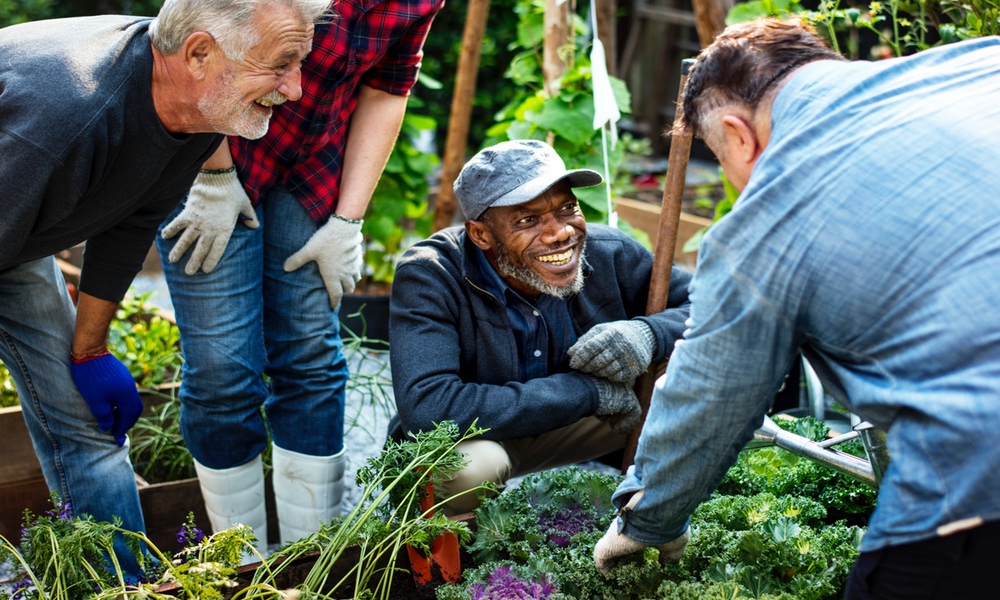Cancer survivors looking for meaningful ways to stay active and healthy that can fit easily into their daily lives should try gardening. Keeping a vegetable garden can be a good way to help older people recovering from cancer build activity into their lives and eat better at the same time.
Forty-two cancer survivors who had been diagnosed with early or mid-stage cancers, from which patients typically survive, took part in the University of Alabama study. All were age 60 or older. Half of the people tried home gardening for a year with the assistance of master gardeners from the school's cooperative extension program. The others were put on a waiting list.
The gardeners helped the cancer survivors in the gardening group establish three seasonal vegetable gardens during the course of the year-long study. They provided raised beds, plants, seeds and other gardening supplies.People who had gardens also had lower markers of stress, and they reported increased feelings of worth. Those on the waiting list had a decline in this area.
After a year, the cancer survivors with vegetable gardens were eating about one more fruit or vegetable serving a day than those on the waiting list. They had gained less than an inch around their waist, while the non-gardening group had gained over three inches.
People who had gardens also had lower markers of stress, and they reported increased feelings of worth. Those on the waiting list had a decline in this area.
Ninety-one percent of the gardeners stayed with the program for the entire year. Seventy percent described the experience as “excellent” and 85 percent said they “would do it again.”
Wendy Demark-Wahnefried, chair of nutrition sciences at the University of Alabama at Birmingham’s Comprehensive Cancer Center and lead author of the paper, said in a statement, “For cancer survivors, especially those who are older, we look for lifestyle changes that can help them get healthier but are also holistic and have meaning. We can send people to the gym, but that isn’t meaningful, and we can counsel them to eat better, but we want it to be more rewarding, and we want it to be long-term. With gardening, we’ve hit the ball out of the ballpark.”





